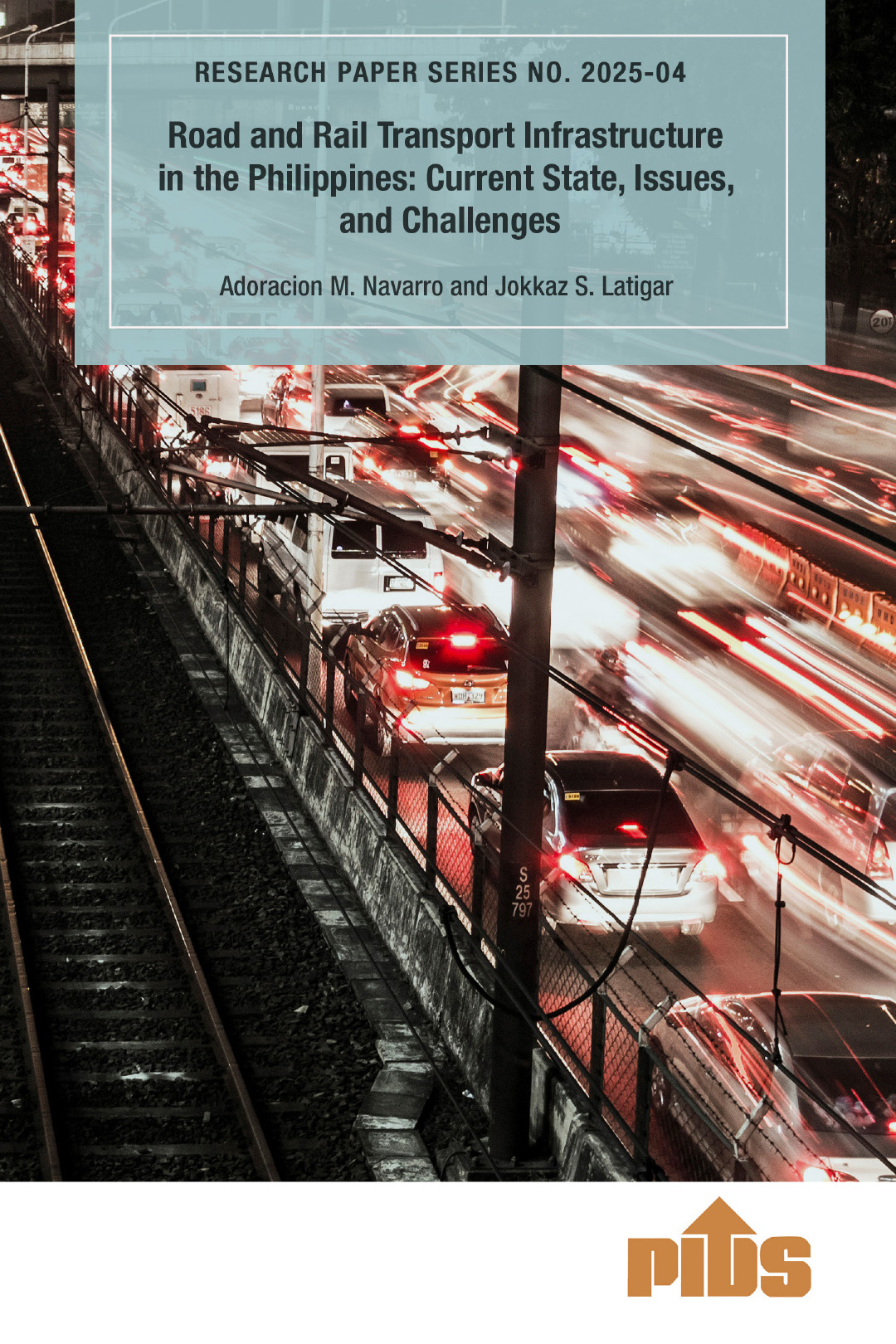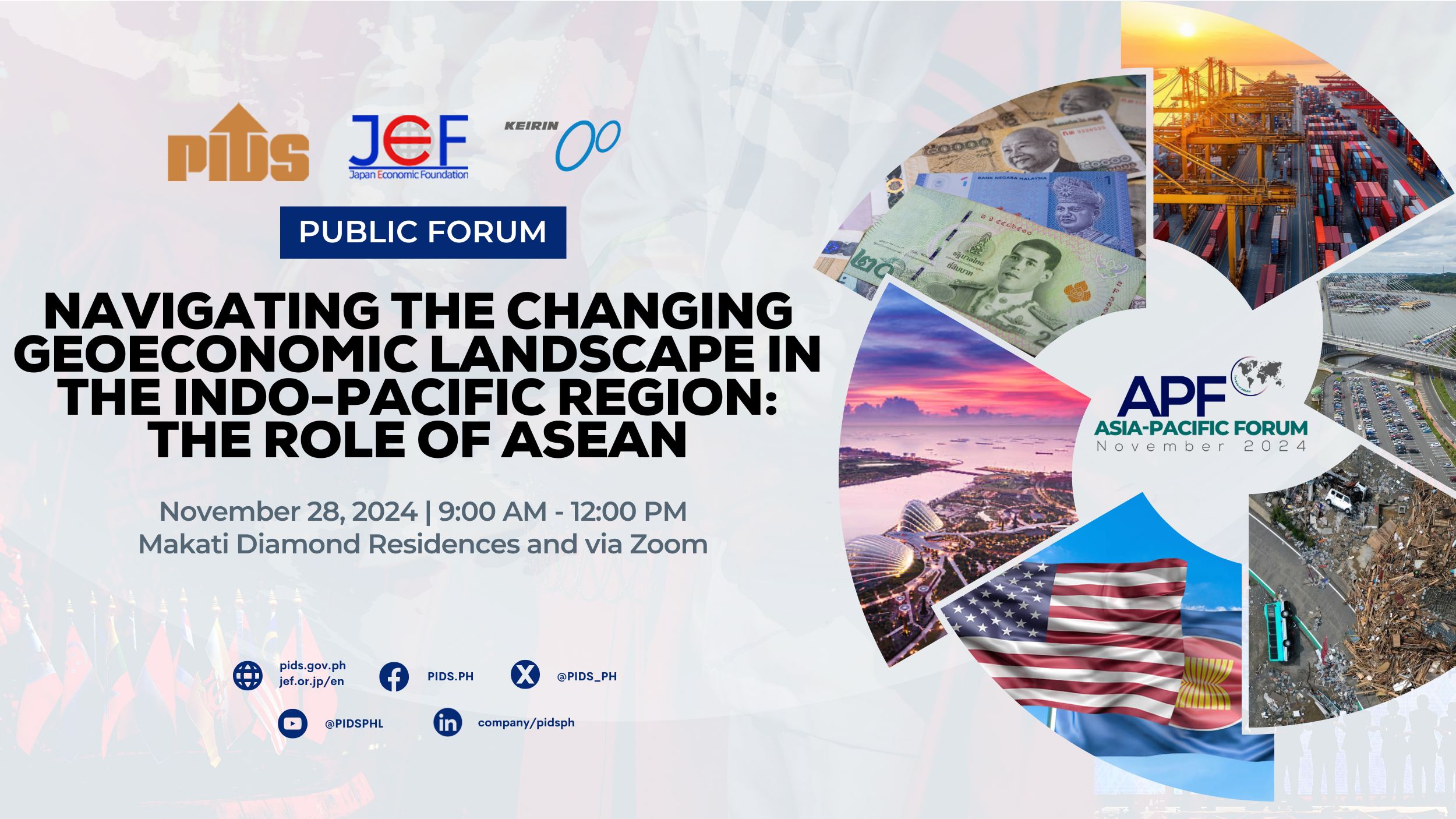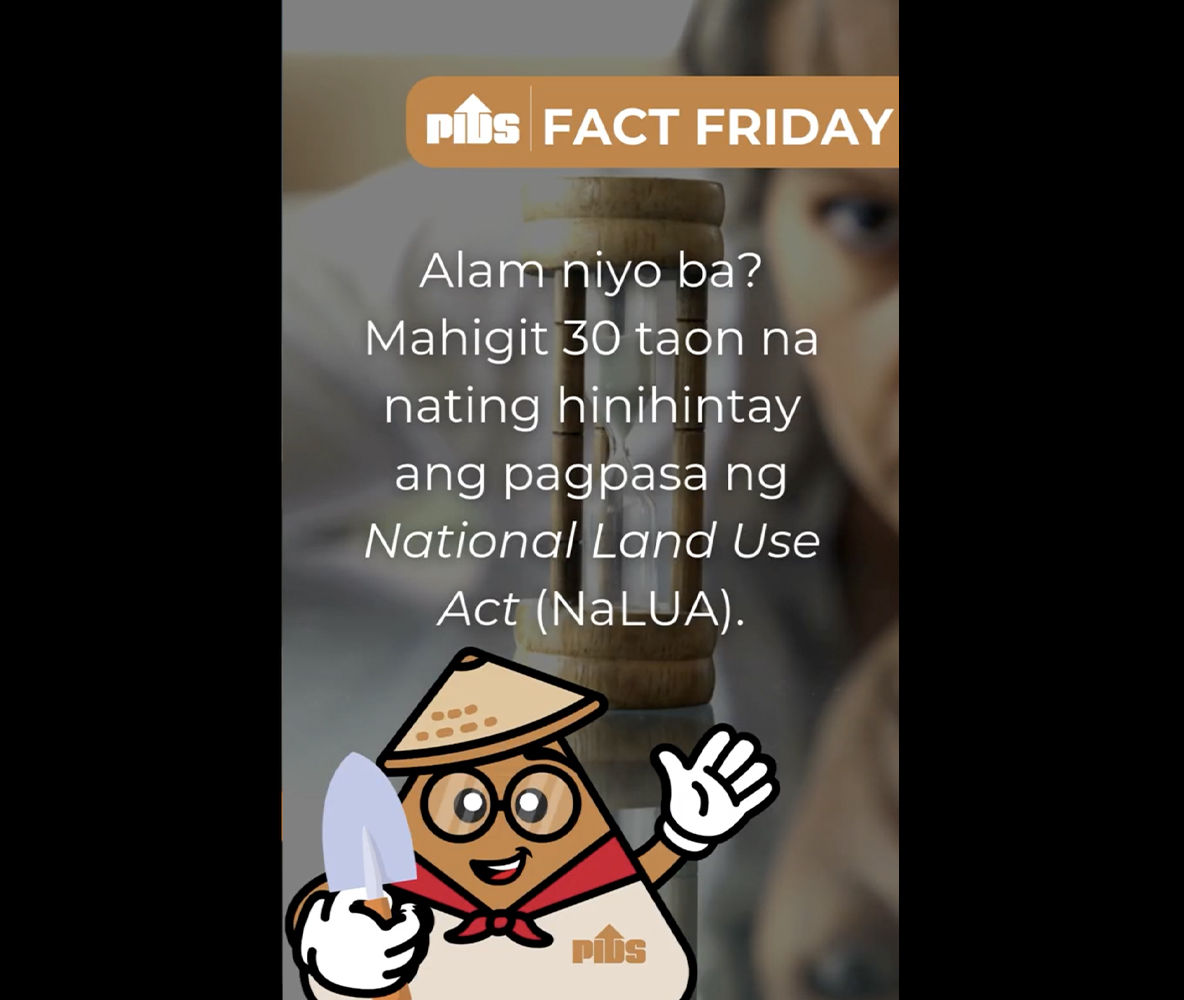The Southeast Asian Regional Center for Graduate Study and Research in Agriculture (SEARCA) through its Research and Thought Leadership Department (RTLD) conducted its second online Training-Workshop on National Roadmap Development under the International Fund for Agricultural Development (IFAD)-funded Project Agricultural Transformation and Market Integration in the ASEAN Region: Responding to Food Security and Inclusiveness Concerns, or ATMI-ASEAN on 3-5 November 2021. This second training-workshop was organized for participants from Cambodia, Lao PDR, and Vietnam as part of the Project's national technical assistance component on roadmapping.
The three-day training-workshop was facilitated by Dr. Roehlano Briones, Senior Research Fellow of Philippine Institute for Development Studies (PIDS), and the Lead Technical Consultant of the Project’s national roadmapping exercise. This covered three main topics on roadmap development with focus on the participating countries’ selected priority value chains as follows: (1) situation analysis; (2) results-based management through the identification of goals, objectives, and key result areas; and (3) strategy formulation. By applying the learnings gained from this training-workshop, the national roadmapping teams will develop their respective national roadmaps for their priority value chains.
The national roadmapping teams are composed of agribusiness value chain, commodity, and industry experts, as well as representatives from the Project’s focal agencies and partner-research institutions. The experts, with guidance from their respective ministries of agriculture and ATMI-ASEAN National Project Steering Committees (NPSCs), will be the ones to coordinate with Dr. Briones and the Project’s implementing institutions throughout the process of national roadmap development for their identified priority value chains.
Dr. Glenn Gregorio, SEARCA Director, gave the welcome remarks as part of the opening program. In his message, Dr. Gregorio emphasized the importance of carefully planning the development of roadmaps to take advantage of the opportunities and address the challenges that may arise. Dr. Gregorio hoped that the training-workshop and the learnings from it would lead to a “better, bigger, and smarter normal” in the region and beyond.
Dr. Shahidur Rashid, Director for South Asia of the International Food Policy Research Institute (IFPRI), the Project’s lead implementing agency, together with his team, attended the Opening Session of the training-workshop. In his message, Dr. Rashid expressed his gratitude to SEARCA as well as to the Project partners and training-workshop participants from the three (3) countries. He pointed out that this workshop is important and timely and gave emphasis on giving thought on sustainable development in transforming these countries’ identified priority value chains.
The participants from Cambodia include officials from the General Directorate of Agriculture (GDA) of the Ministry of Agriculture, Forestry and Fisheries (MAFF), the Project’s focal agency and partner-research institution, and the identified experts from the Cambodia Partnership for Sustainable Agriculture (CPSA) of Grow Asia and GreenFeed Cambodia Co., Ltd.
Meanwhile, the Lao PDR team was composed of the officials from the Department of Agriculture (DOA) of the Ministry of Agriculture and Forestry (MAF) and National University of Laos (NUoL), the Project’s focal agency and partner-research institution, respectively; the identified experts from NUoL and the Prime Minister’s Office of the Government of Lao PDR; and officials from the National Agriculture and Forest Research Institute (NAFRI) and C.P. Laos Co., Ltd.
On the other hand, the Vietnam team included researchers from the Institute of Policy and Strategy for Agriculture and Rural Development (IPSARD), the Project’s focal agency and partner-research institution in Vietnam. Their participation in the training-workshop is part of the Project’s technical assistance package to Vietnam, which is on the development of a national strategy in lieu of the national roadmap.
In his synthesis, Dr. Briones shared a saying that “action without planning is fatal but planning without action is futile,” reiterating the importance of planning in the process of developing roadmaps. He also expressed his gratitude to SEARCA and the participants, hoping they were inspired in the process and to make progress on the set of goals towards a vision each country team had come up with for their respective industries.
Dr. Pedcris Orencio, Program Head of SEARCA’s Research and Thought Leadership Department (RTLD), and the Project’s Principal Investigator, closed the three-day program. In his Closing Remarks, he stated that the roadmap is a living document, and the development of which should be inclusive and supported by various stakeholders.
ATMI ASEAN Project completes second Training-Workshop on National Roadmap Development












